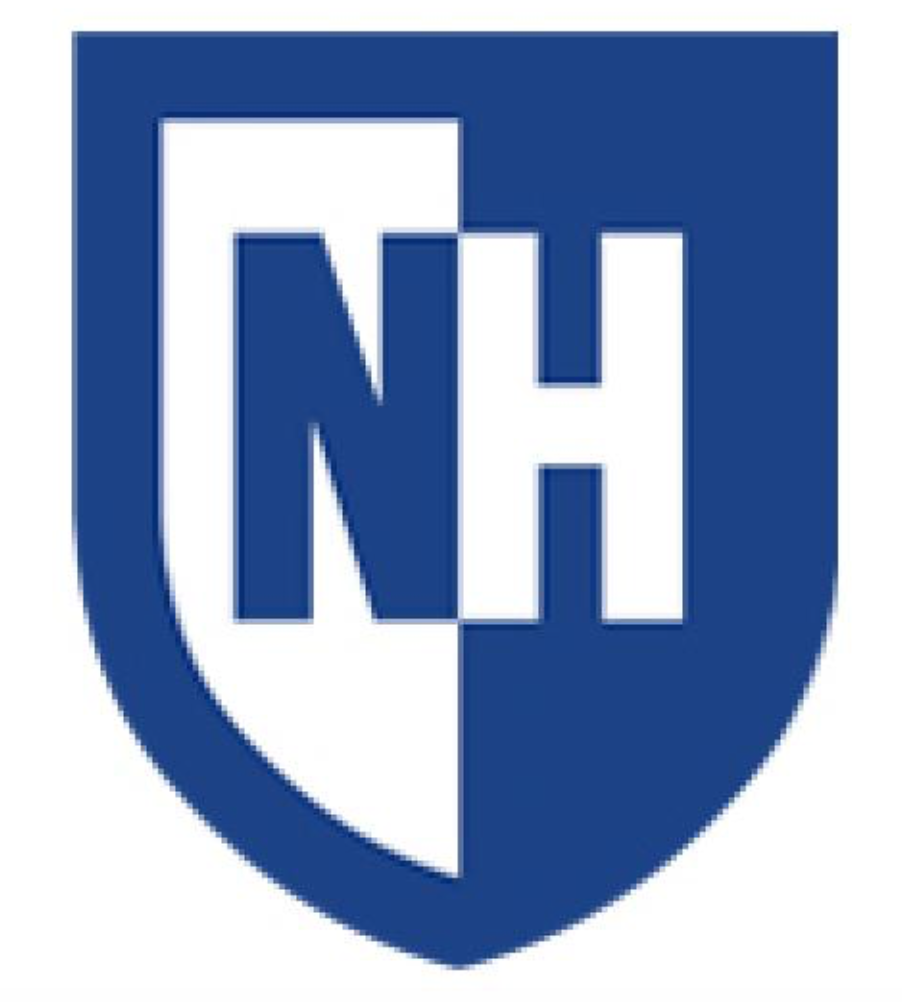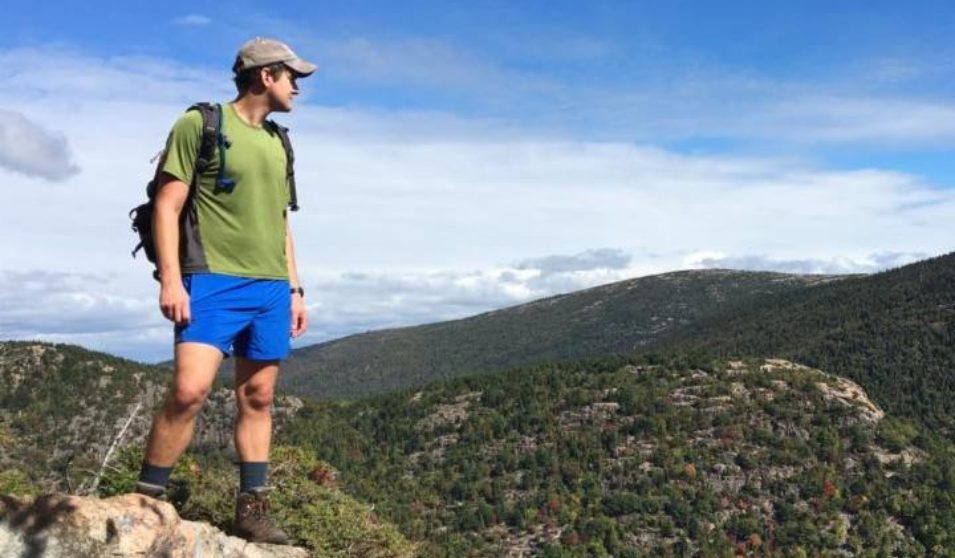Strong public schools are essential for a thriving rural future, and the success of these schools will depend largely on our nation’s ability to recruit, prepare, and place thoughtful teacher leaders. The University of New Hampshire’s Teacher Residency for Rural Education program is a shining example of how strategic regional approaches will play a pivotal role in the future development of rural school communities.
At the University of New Hampshire, students earning a masters in education can receive their degree and teacher certification through the Teacher Residency for Rural Education, otherwise known as TRRE. The UNH Teacher Residency in Rural Education was established in 2016 with a $4.3 million grant from the United States Department of Education’s Teacher Quality Partnership Grant program. This national grant is specifically to be used to support models of teacher preparation for new educators to be better equipped to work in rural high-need school districts.
TRRE is a supportive opportunity geared toward those who wish to be educators in rural high-need schools in New Hampshire. One of the benefits of participating in the program is the emphasis on personal and professional support by way of 1:1 mentorship, community internships, and graduate level education coursework which incorporates community values and place-based education into teaching practice. After the 15-month residency, students will receive a master’s in education and New Hampshire teacher certification.
TRRE participants receive a $28,000 stipend, a 50% in-state tuition discount, and a new laptop. In turn, accepted applicants make a three-year commitment to teach in a rural high-need TRRE partner school in New Hampshire. Applicants must have an undergraduate degree and other qualifications to be considered eligible for the program.
The program begins with a summer phase, when program participants, known as "residents," begin graduate coursework and complete a community-based internship locally where they will teach throughout the school year. The community internships are an integral part of the program, as they introduce residents to the families and youth from the community in which they will teach. During this time, residents also participate in an orientation with their mentors, who they will work with throughout the duration of the school year.
Residents begin the school year in the classroom, working four days a week with a co-teacher who serves as their teaching mentor. As the school year progresses, residents

assume more responsibility in the classroom. The goal is for TRRE residents to gain confidence in the classroom by the end of the school year from working collaboratively with a teaching mentor in order to become highly-qualified first-year teachers.
An essential feature of the TRRE program is the relationship between the UNH faculty, teaching mentors and residents. These academic mentors meet with residents throughout the year, and this opportunity for sharing and reflection are of critical importance to the development of the future teacher. (Pictured: TRRE participant Wesley Bates takes in the Granite State's panoramic skyline)
After the school year during the second summer, residents wrap up program coursework requirements and other program obligations. In addition, residents spend their second summer interviewing for positions at eligible TRRE partner rural schools in New Hampshire. Eleven graduates from cohorts 1 and 2 are employed in partner school districts in northern New Hampshire. Ten residents from Cohort 3 are half-way through the 2019-2020 program as residents in schools north of the White Mountains and in the Lakes region. The ultimate goals of the program are to recruit, prepare and retain high-quality teachers; to fill critical teaching shortage areas in rural New Hampshire; and meet the needs of TRRE rural school partners. In the process, TRRE seeks to reduce teacher shortages, improve academic outcomes for rural New Hampshire students, sustain program partnerships and enhance the practice of teacher preparation through adoption of best practices in the program.
The TRRE Program, which will initiate its fourth cohort in May 2020, is an excellent example of a robust initiative with the potential to combat the growing national rural teacher shortage. You can learn more about New Hampshire’s Teacher Residency in Rural Education here. Request more information about TRRE through the program website or email: trre.program@unh.edu
We invite to learn more about other regional “rural teacher corps” efforts. Thank you to Jennifer Baker, Program Coordinator, and Dr. Tom Schram, Director of Pedagogy and Clinical Practice, for providing us with information on TRRE. Check out the video below:




